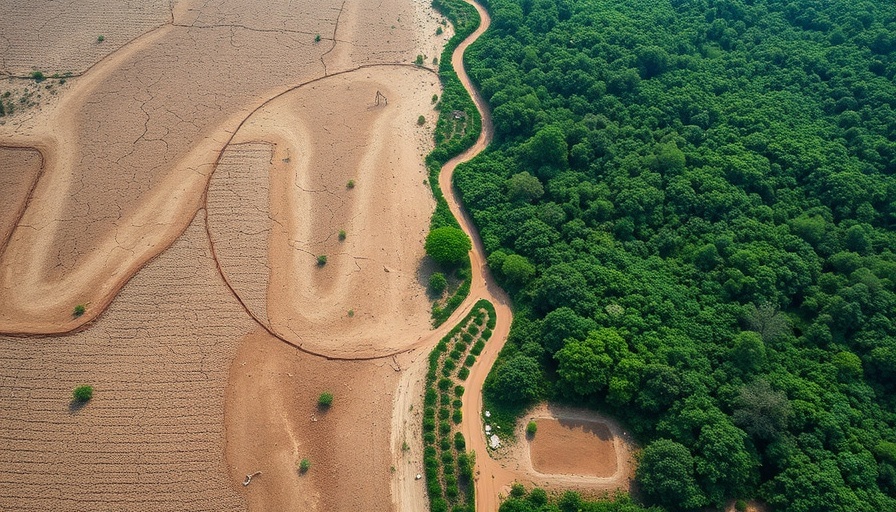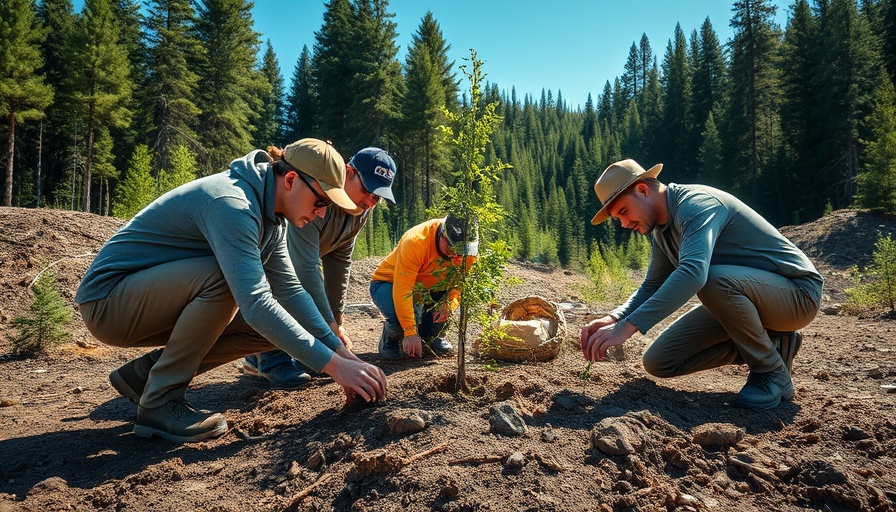
Investing in Our Planet's Future: The Economic Case for Land Restoration
Recent research reveals that fulfilling land restoration commitments across 115 countries could demand a surprisingly modest portion—between 0.04% and 0.27% of global annual GDP, equivalent to approximately $311 billion to $2.1 trillion. This financial requirement comes amid escalating concerns surrounding land degradation, which poses threats to both ecological balance and human health.
The Cost Spectrum of Land Restoration Projects
The analysis, which looked into 243 global land restoration initiatives, highlights a stark difference in costs. While passive regeneration can be achieved for as little as $513 per hectare, more complex interventions like silvopasture may soar to $3,012 per hectare. Such data reveals that engaging in simple conservation measures can provide significant health and environmental benefits without excessively straining financial resources.
The Global Burden: Why Equity Matters
Despite the small percentage required from global GDP, the distribution of costs could disproportionately affect lower-income countries, which host most of these restoration projects. With nearly half of the global restoration pledges concentrated in sub-Saharan Africa, an equitable financing framework is critical. This stresses the importance of establishing models that not only manage costs but also enhance access to the necessary resources for developing regions.
The Promising Future of Ecosystem Services
The introduction of Payment for Ecosystem Services (PES) models offers a promising pathway for equitable cost distribution. By aligning private sector incentives with public financing, stakeholders can collaboratively address land restoration challenges. This innovative approach not only enhances financial sustainability but also cultivates a deep-seated connection between economic health and environmental stewardship.
Embracing Restoration: The Time for Action
At its core, the call for land restoration transcends mere economics; it embodies a collective responsibility. A concerted global effort towards sustainable land management will empower communities, enhance biodiversity, and improve the overall health of our planet. The fusion of ecological and economic priorities illuminates a critical path forward in today’s era of environmental urgency.
 Add Row
Add Row  Add
Add 




 Add Row
Add Row  Add
Add 



Write A Comment